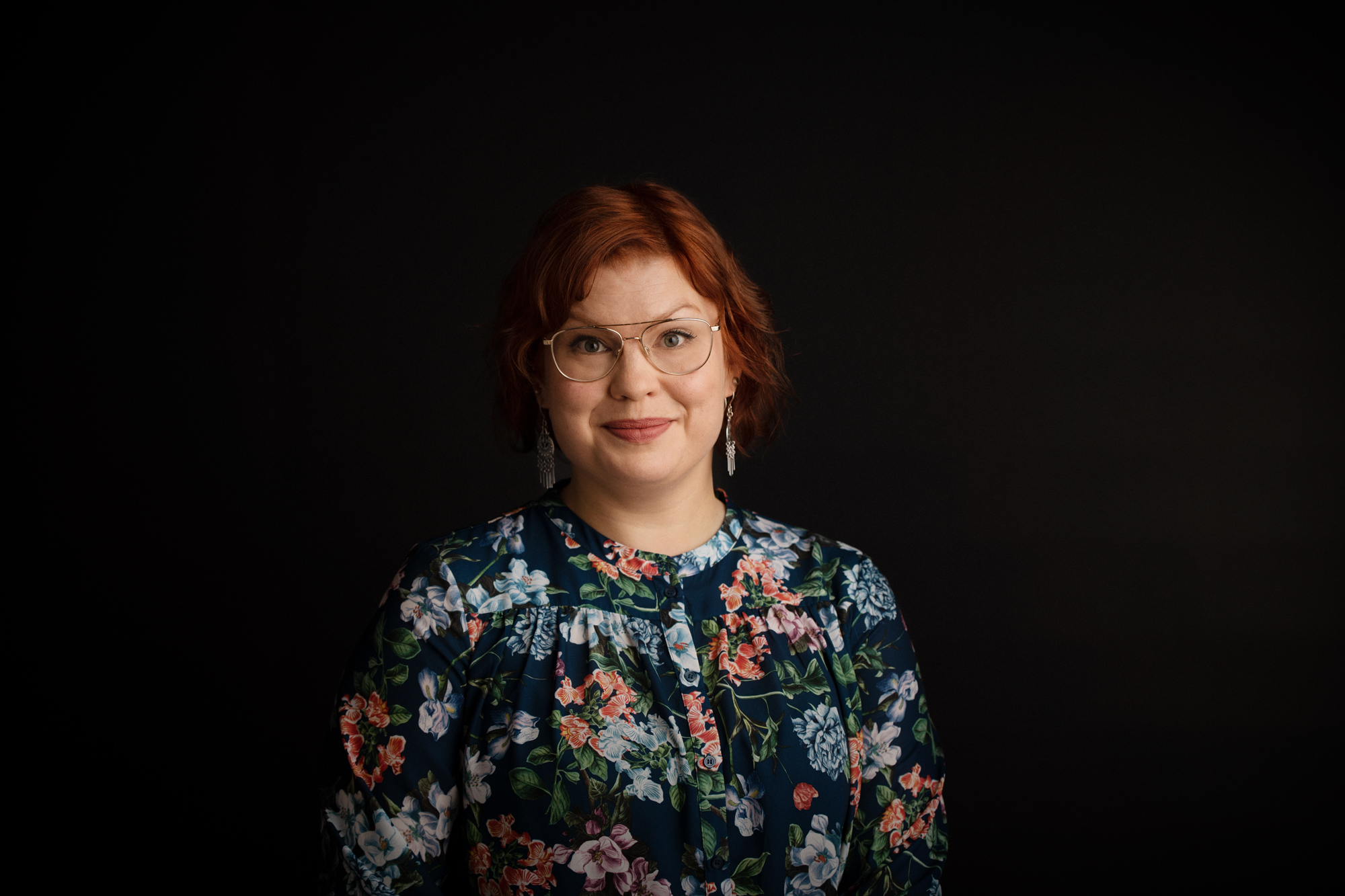Sanni-Leea Aalto
Research leader

Project title
Revealing and controlling previously unexplored H2S bacteria
What is your project about?
This project focuses on microbes producing toxic gas hydrogen sulfide (H2S). It is a major challenge for sustainable aquaculture production, leading to massive production losses even in very low concentrations. This project aims to provide knowledge on the identity, ecology, and physiology of novel H2S producers, which I have found to produce a significant share of H2S in aquaculture environments, possibly through an alternative biochemical route than the traditional dissimilatory sulfate reduction pathway. The project also aims to examine under which conditions H2S production activates and to develop microbiome engineering-based solutions for controlling H2S production in the aquaculture environments.
How did you become interested in your particular field of research?
I am fascinated by the physiological diversity of microbes; how they carry out important processes in nature and inside our bodies, but can also cause life-threatening infections or produce toxic compounds. Microbes are omnipresent and so small, and still we only know the tip of the microbial-iceberg, as so many groups are still unidentified and so many functions uncharacterized. I have been driven to focus on the aquaculture microbiology, since there, fundamental knowledge on the critical microbial processes is needed to ensure stable and safe food production.
What are the scientific challenges and perspectives in your project?
The first challenge of the project is to capture and characterize the novel H2S producers in order to develop molecular tools that are used the latter parts of the project. Aquaculture systems offer a diverse set of microbial habitats, meaning that a comprehensive sampling is needed to collect representative starting material for laboratory H2S enrichment cultures. The second challenge is to translate the fundamental microbiological knowledge into applicable H2S control solutions. We can overcome this by combining cutting-edge molecular tools to system engineering and modelling covering real-life conditions in aquaculture environments.
What is your estimate of the impact, which your project may have to society in the long term?
I am doing fundamental research that will lead to the revision of the microbial sulfur cycle. The results are also applicable for the aquaculture industry. The knowledge on which conditions trigger H2S production can be used to tune system design and operating conditions to prevent H2S production and will lead to development of alternative biofilter design with minimized risk for H2S. These advancements will improve the safety and stability of land-based aquaculture production, facilitating the start-up of new farms and the growth of this important food production sector.
Which impact do you expect the Sapere Aude programme will have on your career as a researcher?
It is a great honor and acknowledgement to receive a Sapere Aude grant, both for my field and for me as researcher. The Sapere Aude programme is a very important step forward in my career. The grant allows me to focus on exploring the exciting microbial world to find solutions for safe and sustainable food production in future, which has been my long term research vision. I feel very privileged for being able to recruit talented researchers to my research group and to consolidate the important collaborations and strengthen my international network with the Sapere Aude grant.
Background and personal life
I am originally from Finland and moved to Denmark in 2019. I live in the countryside of North Jutland with my partner Gorm and a pack of children and animals. Whenever possible, I like to spend time outside walking in nature and enjoying the brisk wind, do some gardening and handicrafts or play old rock hits with keyboards.
View all research leaders here
Research institution
Technical University of Denmark
Research field
Environmental Microbiology
City of your current residence
Hjørring
High school
Helsingin II normaalikoulu, Helsinki, Finland
